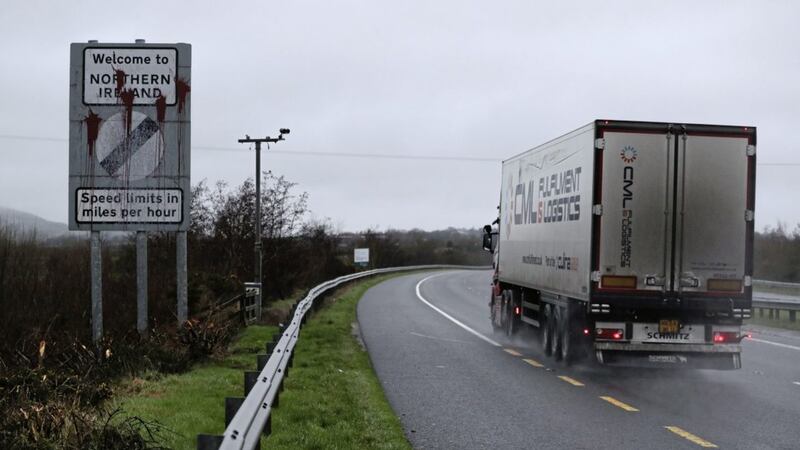THE last 12 months have seen a fundamental re-think in how we live and work.
For many, the shift to remote work has been a silver lining in an otherwise challenging time, offering greater work-life balance, freedom to live wherever preferred, and more time spent with our loved ones.
Given these advantages, it is no surprise that both the Irish Government and the Stormont Executive have committed to implementing flexible working arrangements.
Through the National Remote Work Strategy and Our Rural Future plans, Leinster House ministers have shown their desire to modernise the outdated home-working legislation.
The remote working hubs proposed under Stormont finance minister Conor Murphy’s ‘Connect2’ project, will be an attractive prospect for many.
But these policies offer little to cross border workers living in the Republic and working in the north. For us, restrictive personal tax rules mean that if we work-from-home at all, a ‘double tax’ can be imposed on our income.
While suspended for the pandemic, these laws have caused major disruption to cross border workers’ lives for years, forcing commutes of up to 100km per day just to avoid this potential tax penalty.
As well as negatively impacting thousands of workers, these rules are depressing economic development in our under-invested border regions.
Businesses across the north who rely on a cross border workforce are unable to attract and retain the best talent, and without a permanent change, we may see large, international companies turn away from buying into our towns and cities.
Recently, Irish Finance Minister Paschal Donohoe has accepted that up to €2 billion of the Irish government’s tax revenue will be lost by adopting new OECD proposals.
While the minister has led discussions on international tax policy reform, he has ignored the concerns of border workers’, businesses and communities who require urgent resolution of this issue.
Taoiseach Micheál Martin spoke of the need to protect and develop border regions through the recent Shared Island Unit.
And yet, no action has been taken by his government to reform unfair tax laws which worsen the regional divide in the all-island economy.
The benefits of legislative change are clear and wide-ranging. A permanent change in rules will give employees greater flexibility in where they work allowing them to reside in an area of their choice, bringing significant financial benefits for border communities.
It will ensure that the ‘necklace’ region of the Republic is an attractive place to work and invest, bringing in more, high-paying jobs and opportunities for skilled workers across the island.
We live in an era of change, and as global tax regimes adjust to the post-pandemic world, government ministers must not forget the challenges faced by real people in their communities.
Cross border workers are the voters, mothers, fathers, and the foundation of the all-island economy. A solution to this ‘double tax’ issue can be found, and if the Irish government is as serious about protecting border communities and addressing regional imbalance as it says, it can be found now.
:: Paul Quinn is co-chair of the Cross Border Workers Coalition






